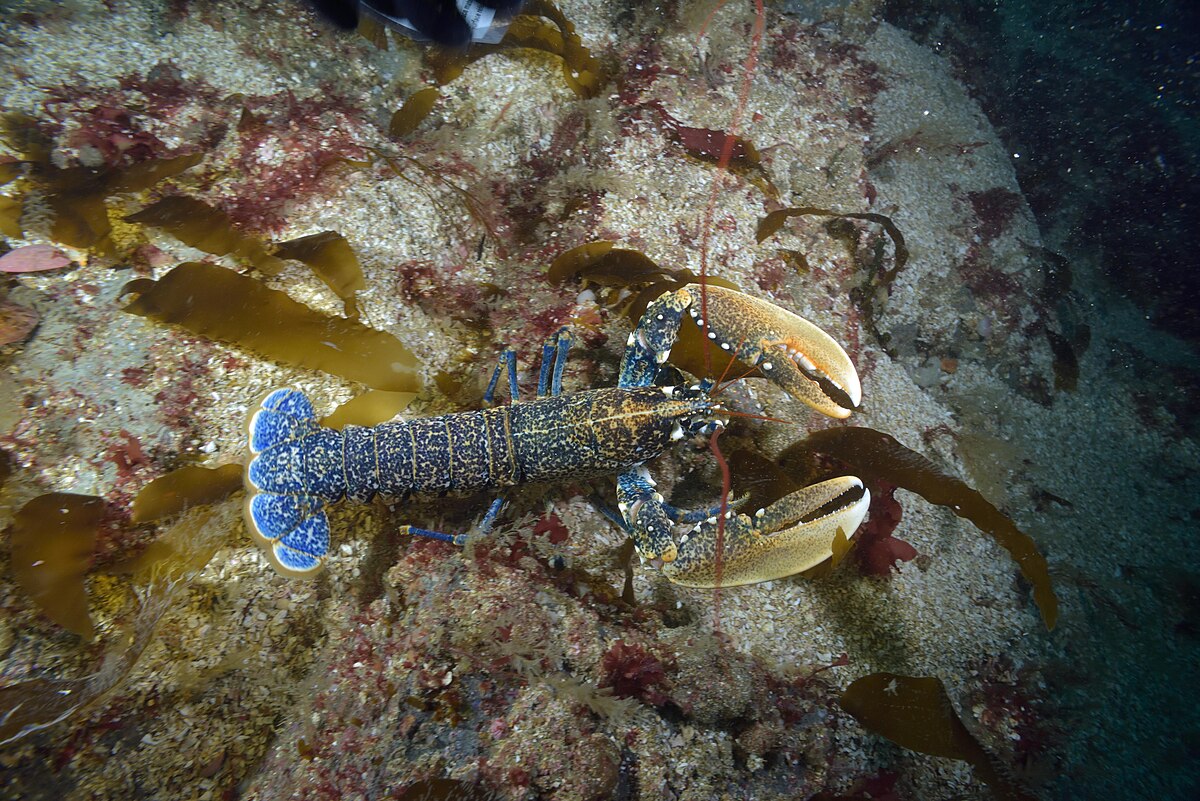Enhancing crustacean welfare through new Codes of Practice

Recognising sentience in crustaceans: In recent years, growing scientific consensus has affirmed the sentience of cephalopod molluscs (such as octopuses, squid, and cuttlefish) and decapod crustaceans (including crabs, lobsters, and crayfish).
Following an independent review commissioned by Defra and published by the London School of Economics in 2021, the UK government recognised these species as sentient under the Animal Welfare (Sentience) Act 2022.
These findings highlight the ethical and legal obligation to ensure humane treatment across the seafood sector — from capture to consumption.
Developing welfare codes for the shellfish sector: In response to this evolving legal framework, Cerebrus Associates collaborated with Cumulus Consultants on an industry-led project funded by Seafish and the Shellfish Association of Great Britain to develop a pioneering set of Codes of Practice for the Welfare of Crabs, Lobsters, Crawfish, and Nephrops. These codes are designed to help businesses across the UK shellfish supply chain adopt practical, science-based welfare measures, supporting continuous improvement and industry leadership in responsible sourcing.
Deliverables
-
New welfare codes tailored for every stage of the supply chain
-
Catching: Humane practices from landing onwards
-
Wholesale and transport: Welfare during storage and movement
-
Processing: Guidelines for reducing handling stress
-
Retail: Best practices for display and sale
-
Food service: Standards for ethical preparation
-
-
Special guidance was also included for the commercial handling of live-landed brown shrimp (Crangon crangon).
-
Clear responsibilities: Each business is encouraged to appoint a senior welfare lead to oversee policy development, staff training, monitoring, and compliance.
Strengthening welfare and consumer confidence: By adopting these Codes of Practice, businesses can
-
Proactively meet new ethical and legal standards.
-
Ensure consistent, humane treatment of shellfish species.
-
Strengthen consumer trust in the quality and sustainability of UK seafood products.
The Codes also contribute to wider industry efforts to align food production with evolving societal expectations around animal welfare and sustainability.
Next Steps: The Codes of Practice are now publicly available and can be accessed here
Businesses across the catching, wholesale, processing, retail, and food service sectors are encouraged to review the relevant guidance and begin implementing the recommended welfare standards.
